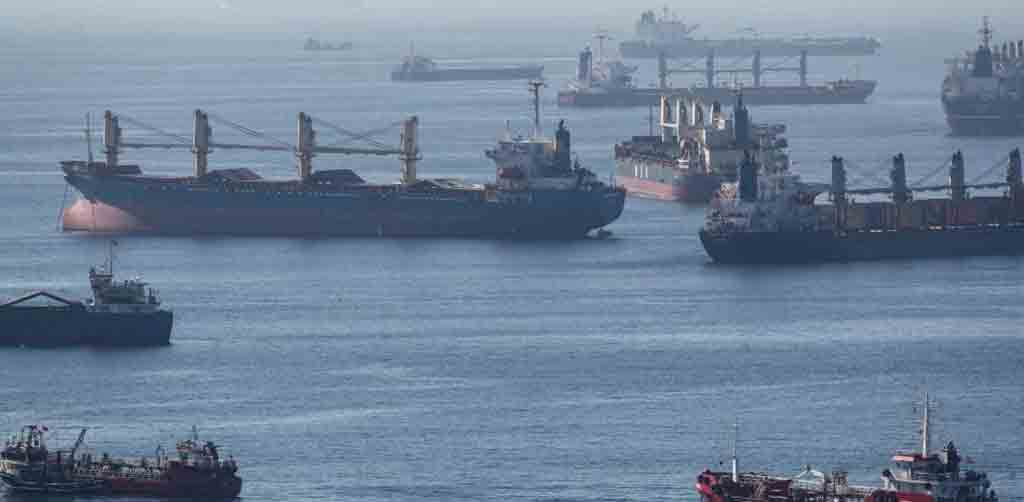Putin recalled that the initial purpose of this agreement was to ensure world food security, reduce the threat of hunger and help the poorest countries in Africa, Asia and Latin America, which is why Moscow assumed the obligation to facilitate its implementation, according to the Ethiopian Press Agency.
In an opinion article on the occasion of the second Russia-Africa Summit and the Russia-Africa Humanitarian Economic Forum on July 27-28 in St. Petersburg, he revealed that in nearly a year, 32.8 million tons of supplies were exported from Ukraine and more than 70 percent ended up in high and upper-middle income countries, including the European Union.
“While countries such as Ethiopia, Sudan and Somalia, as well as Yemen and Afghanistan, received less than three percent of supplies, or less than one million tons,” he said.
He warned about the non-compliance with the provisions of the agreement related to the exemption of Russian grain and fertilizer exports to world markets from sanctions, as well as the lifting of barriers to the efforts to supply free mineral fertilizers to the poorest countries.
Of 262,000 tons of goods blocked at European ports, only two shipments were delivered: one of 20,000 tons to Malawi and another of 34,000 tons to Kenya. The rest is still in the hands of unscrupulous Europeans, Putin stressed.
Given all these facts, there is no longer any point in continuing with the grain agreement because it did not fulfill its original humanitarian purpose and we argue against extending it further, hence it ended on July 18, the Russian president pointed out.
jg/arm/mem/nmr










